Functional Programming Forever
A novel exploration of symbolic transformations across discrete domains


Thomas Omans
functional programming ~ * ~ the secret cult of eval & apply ~ * ~

Every good wizard knows;
if you have the name of a spirit,
you have power over it.
clojure
js
scala
java
python
λ
this space reserved for jelly stains
recursion
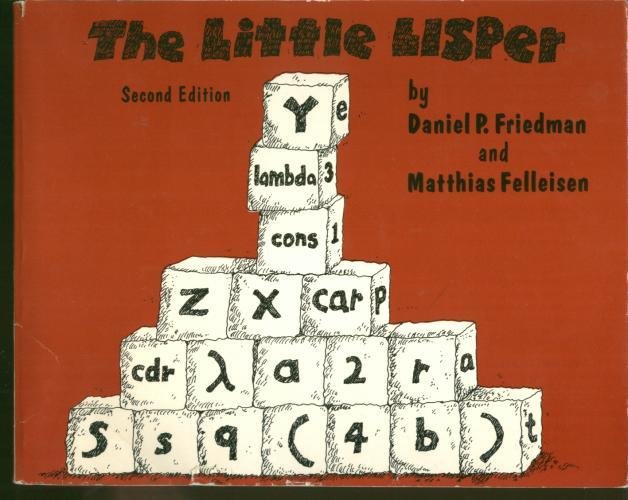
lambdas
symbols
atoms
recursion
λ what is fp ?
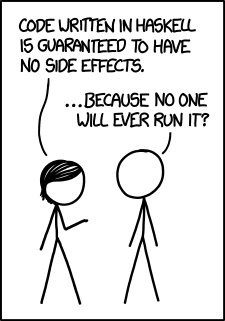
a style of building the structure and elements of computer programs that treats computation as the evaluation of mathematical functions and avoids state and mutable data
... DUH
λ why ?

powerful
expressive
fun
functional programming
- pure function as the unit of abstraction
- clarity through simplicity
- fancy sounding words
functional phrases
referential transparency

closure
lambda
side-effect
higher order function
currying
flatmap
fold
functor
reactive
combinators
metaprogramming
lazy evaluation
macro
monad
bind
parametric types
variadic
immutability
pure functions
map inputs to outputs

that's it...
an impure function
# borrowed from garrett smith: http://vimeo.com/97337252
def new_array(element, array=[]):
"""create an array with a starting element"""
array.append(element)
return array
In [3]: new_array(1)
Out[3]: [1]
In [4]: my_array = new_array(2)
In [5]: my_array.append(3)In [6]: my_array
Out[6]: [1, 2, 3]
# python mutable metaprogramming for the wat
In [7]: new_array(1)
Out[7]: [1, 2, 3, 1]a pure function
;; thanks clojure
(defn new-array
"create an array with a starting element"
([element] (new-array element [])
([element array] (conj array element)))
(new-array 1)
; => [1]
(conj (new-array 2) 3)
; => [2 3]
(new-array 1)
; => [1]the same inputs always return the same outputs

Programming Paradigms
and many more...
imperative
functional
declarative
programming paradigms
- patterns for programming
- each is built around different constraints
- ways to think about problems and express solutions

Collections
out of many, one

Collections in Java
class JavaExample {
List<Integer> incrementedList(List<Integer> numbers) {
for (int i = 0; i < numbers.size(); i++) {
numbers.set(i, numbers.get(i) + 1);
}
return numbers;
}
List<Integer> incrementedList(List<Integer> numbers) {
List<Integer> result = new ArrayList<Integer>();
for (Integer num : numbers) {
result.add(num + 1);
}
return result;
}
}(initialization; termination; iteration) vs. (for : each)

Collections in Scala
mapping over iterables
val inc = { x: Int => x + 1 }
val incrementedList = { xs: Iterable[Int] => xs.map(inc) }

var nums = [ 1, 2, 3, 4, 5, 6];
function even(x) {
return x % 2 == 0;
}
nums.filter(even);
// => [ 2, 4, 6 ]Collections in JavaScript
gang of HOF

(def up-to-ten (range 10))
up-to-ten
; => (0 1 2 3 4 5 6 7 8 9)
(reduce + up-to-ten)
; => 45
(reductions + up-to-ten)
; => (0 1 3 6 10 15 21 28 36 45)Understanding Reduce
variously called fold, collect, or inject

Some Considerations
- reduce transforms iterables into new values
- map & filter are special cases of reduce
- every iteration is either a reduction or a side-effect

The call is coming from inside the code!
function reduce(fn, xs, init) {
var result = init;
xs.each(function(x) {
result = fn(result, x);
});
return result;
}
function map(fn, xs) {
return reduce(function(accumulated, element) {
return conj(accumulated, fn(element));
}, xs, []);
}
function filter(fn, xs) {
return reduce(function(accumulated, element) {
return fn(element) ?
conj(accumulated, element) :
accumulated;
}, xs, []);
}
Building Blocks
function Person(name, age) {
return {
name: name,
age: age
};
}
var brothers = [
new Person("Thomas", 25),
new Person("Eric", 16)
];
map(function(person) {
return person["name"];
}, brothers);function get(attribute) {
return function(obj) {
return obj[attribute];
};
}
map(get("age"), brothers);
map(get("name"), brothers);Defining "pluck"
pluck("age", brothers);
// => [ 25, 16 ];
function pluck(attribute, xs) {
map(get(attribute), xs);
}
Inverting filter
reject(even, range(10));
// is the same as:
filter(odd, range(10));
// even and odd are complementary functionsfunction complement(fn) {
// returns the complement of a given function
return function(x) {
return ! f(x);
}
}
function reject(fn, xs) {
return filter(complement(fn), xs);
}Functions are abstractions

Functional Problem Solving
- find a smaller problem
- define solutions in terms of pure functions
- repeat
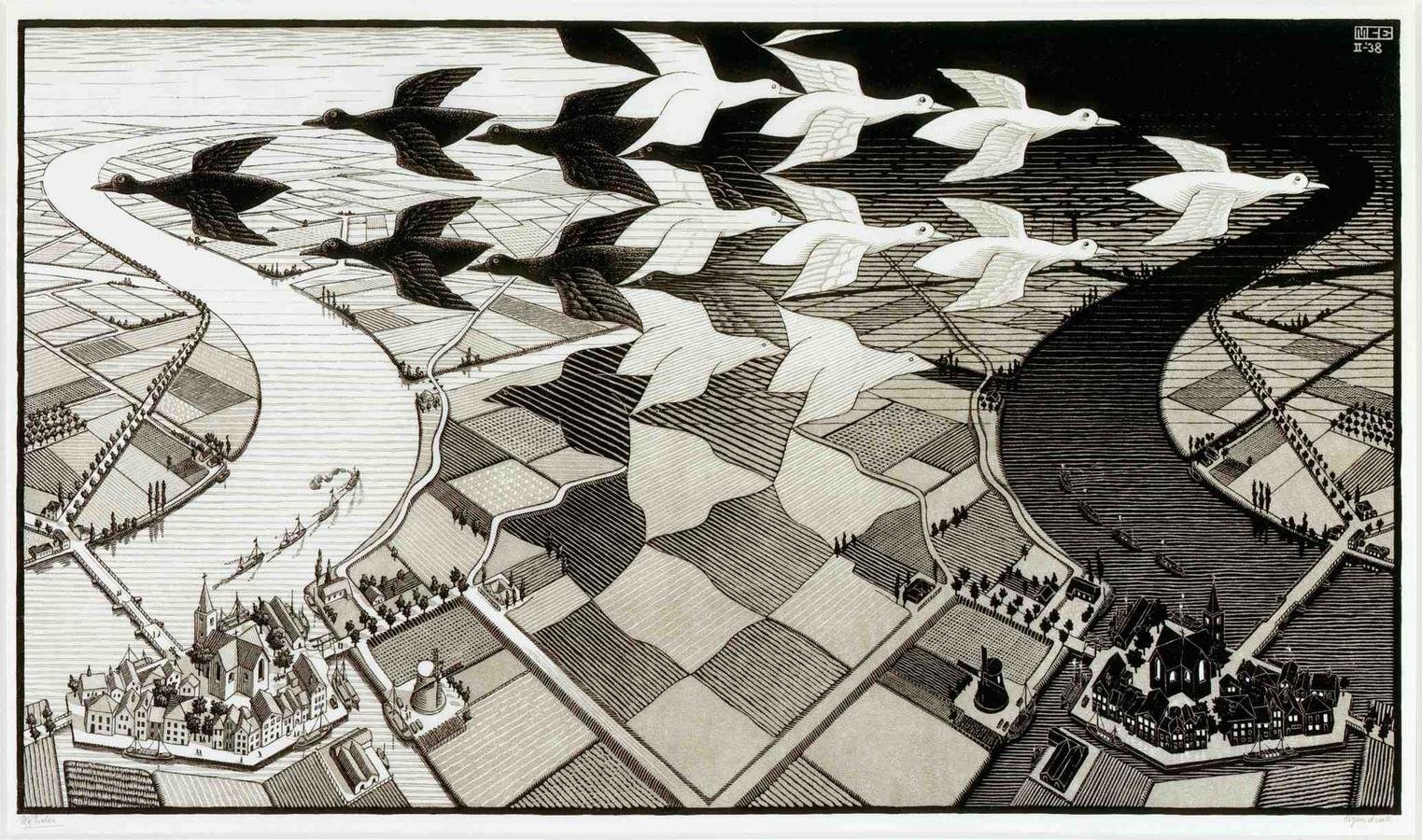
Understanding recursion through functional principles
- define a terminal case
- when am I done?
- define an inductive case
- how can I get closer to a my terminal case?

def factorial(n, accumulation=1):
if n == 1:
# terminal case
return accumulation
else:
# inductive case
return factorial(n-1, accumulation*n)def fibonacci(n):
if n < 2:
# terminal case
return n
else:
# inductive case
return fibonacci(n-1) + fibonacci(n-2)Simple examples...
def whoops(n):
if n == 0:
# terminal case
return "yay!"
# these cases take us further away!
elif n > 0:
return whoops(n + 1)
else:
return whoops(n - 1)FP in the wild
Parallel Processing
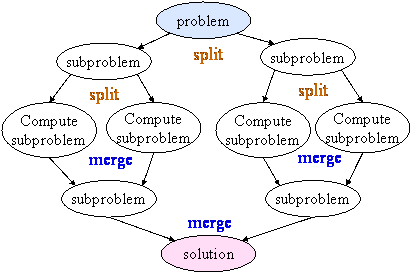
- MapReduce
- Samza
- Spark
- Storm
Divide and conquer!
Spark Example
# count all the words in hdfs
sentences = spark.textFile("hdfs://...")
word_counts = sentences.flatMap(lambda line: line.split(" "))
.map(lambda word: (word, 1))
.reduceByKey(lambda a, b: a + b)let spark distribute your functions
FP in the wild
Functional UIs
- React
- Elm
- Om
- PureScript
- Bacon.js

react.js example
// from: https://gist.github.com/jordwalke/6350319
var PeopleList = React.createClass({
render: function() {
var friends = this.props.friends;
var followers = this.props.followers;
return div({className: 'list'},
// data pipeline to transform a collection into dom nodes
friends.concat(followers)
.filter(function(person) {return person.isFavorite;})
.sort(function(one, two) {return one.followCount - two.followCount;})
.slice(0, 10)
.map(function(person) {
return div({className: person.isVerified ? 'star' : 'gray'}, person.name);
})
);
}
});
functional, immutable dom
Tip of the iceberg

lazy sequences
generics
thinking with types
Has functional programming gone too far?
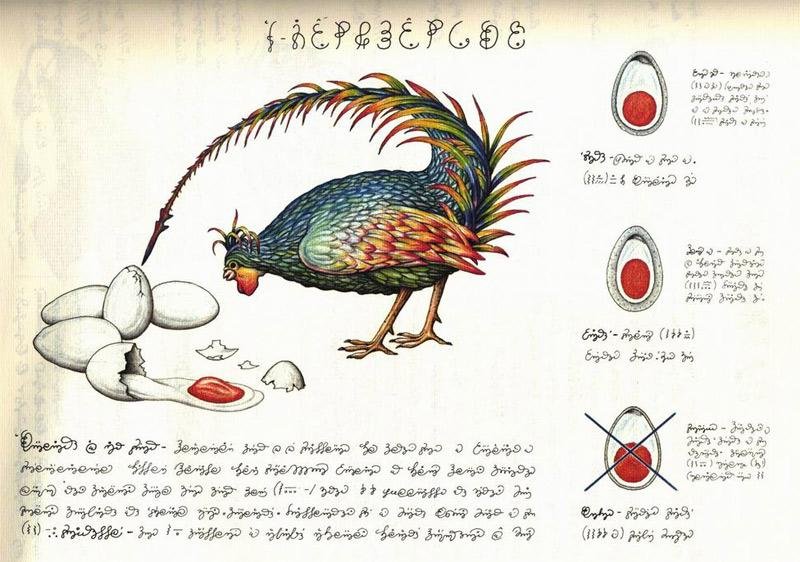
Functional Programming Forever
By Thomas Omans
Functional Programming Forever
- 6,005



